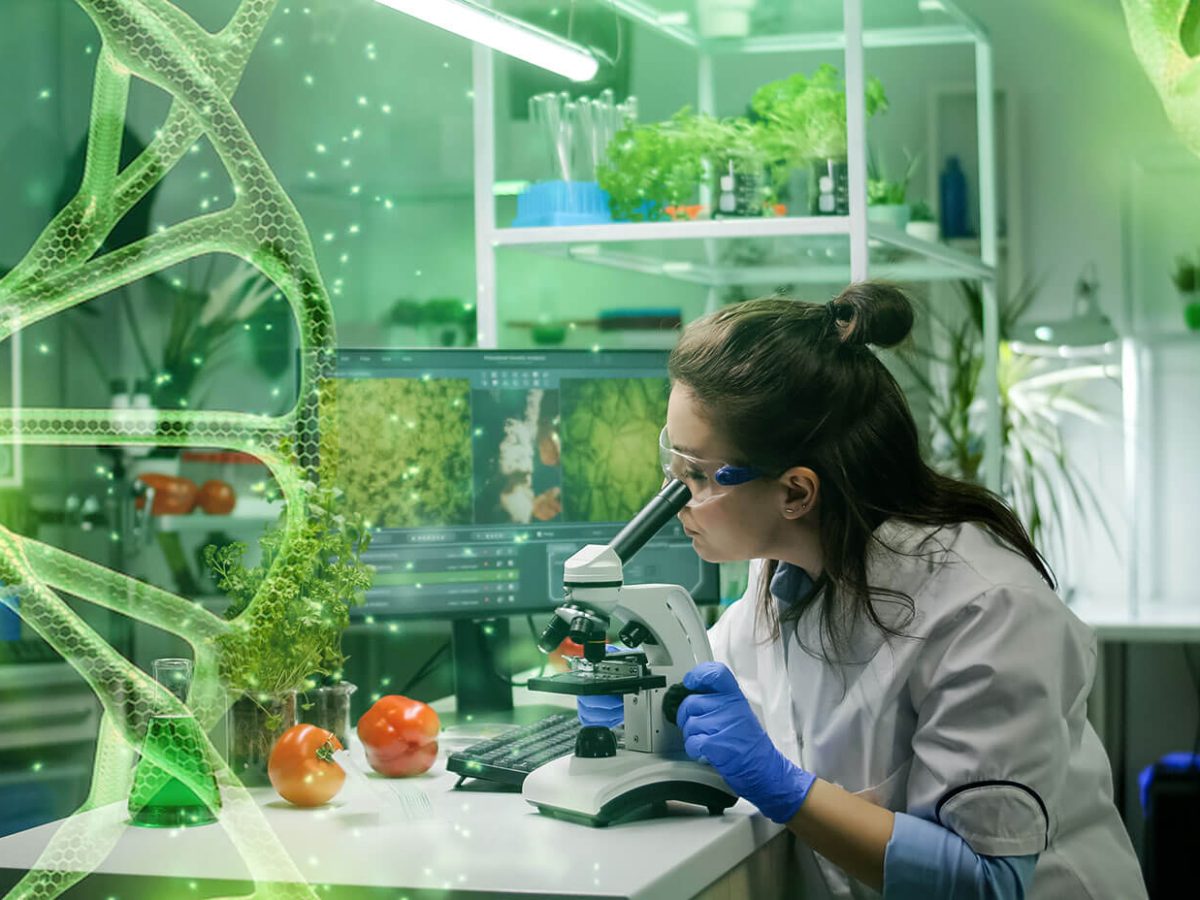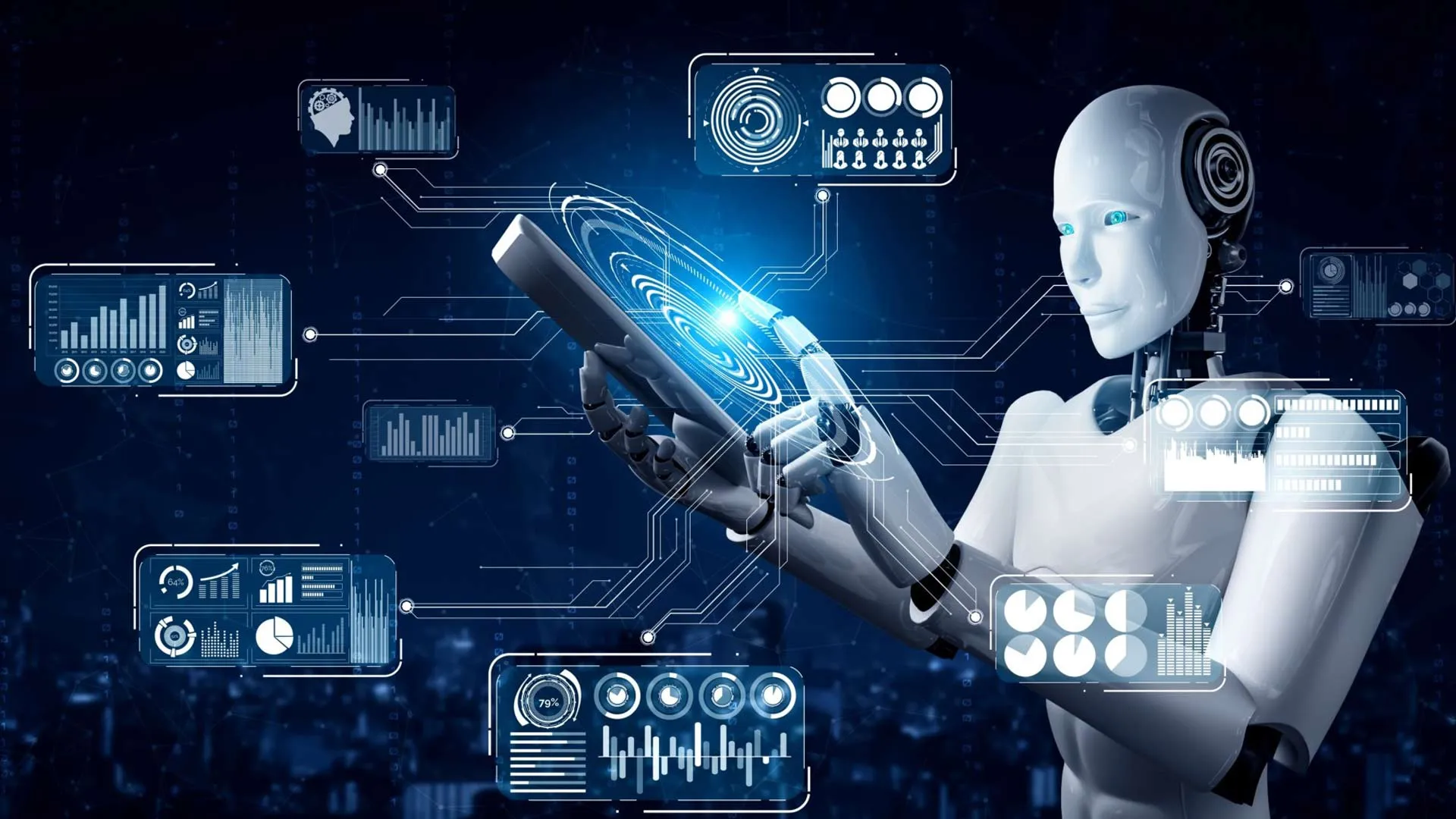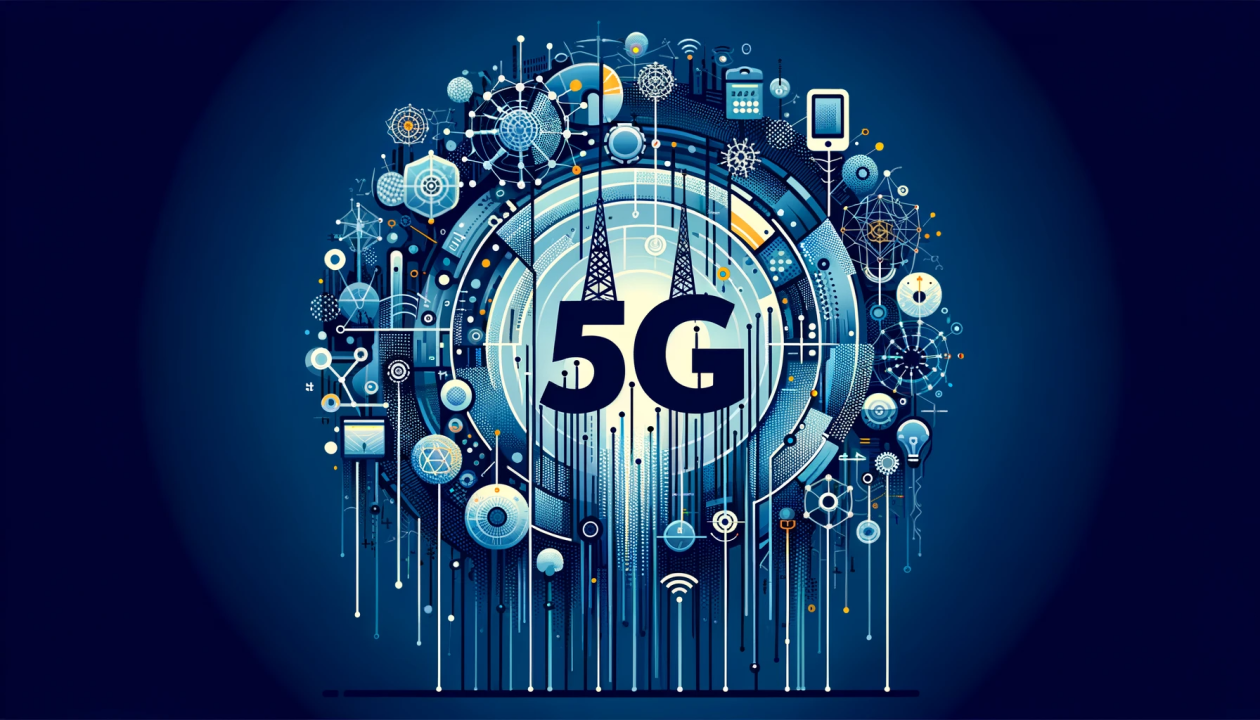Biotechnology has the potential to dramatically transform healthcare and medicine, offering innovative solutions to some of the most complex challenges in modern medicine. How can biotechnology revolutionize healthcare and medicine? From personalized treatments and disease prevention to advancements in drug development and medical devices, biotechnology is paving the way for a future where healthcare is more effective, accessible, and tailored to individual needs. In this article, we’ll explore the ways in which biotechnology is reshaping the healthcare landscape.
1. Advancements in Personalized Medicine
One of the most exciting areas in biotechnology is personalized medicine, which tailors treatment plans based on an individual’s genetic makeup. With the help of genetic sequencing and biomarker analysis, biotechnology allows doctors to design more effective treatments that target specific genetic variations or mutations associated with diseases like cancer, diabetes, and heart disease.
Personalized medicine enables more precise treatments, reduces side effects, and improves the chances of success for patients. This approach represents a shift from the traditional “one-size-fits-all” model of treatment to a more tailored and individualized approach.
2. Gene Editing and CRISPR Technology
Gene editing technologies, particularly CRISPR (Clustered Regularly Interspaced Short Palindromic Repeats), are revolutionizing the potential for treating genetic disorders and improving overall healthcare. CRISPR allows scientists to modify genes with remarkable precision, which opens up the possibility of correcting genetic mutations that cause diseases such as sickle cell anemia, cystic fibrosis, and muscular dystrophy.
This technology also has the potential to enhance our ability to prevent genetic diseases before they are passed on to future generations. By editing specific genes or regulating gene expression, CRISPR could be used to cure previously untreatable genetic conditions and improve the quality of life for many individuals.
3. Development of Targeted Therapies

Biotechnology is enabling the development of targeted therapies, which are drugs or treatments that target specific molecules involved in the development of diseases. Unlike traditional treatments that might affect the entire body, targeted therapies focus on attacking the root causes of diseases at the molecular or cellular level.
For example, in cancer treatment, targeted therapies can pinpoint cancer cells with high precision, sparing healthy tissue from the harmful effects of chemotherapy. This approach minimizes side effects and enhances the efficacy of treatments, offering hope for patients with conditions that were once difficult to treat.
4. Regenerative Medicine
Regenerative medicine is another area where biotechnology holds immense promise. This field focuses on repairing or replacing damaged tissues and organs by stimulating the body’s natural healing processes or using lab-grown tissues. Stem cell therapy, for example, has the potential to regenerate damaged tissues and restore function in individuals with spinal cord injuries, heart disease, and other degenerative conditions.
Biotechnology is also advancing the development of organ regeneration, where 3D bioprinting technology could one day allow for the creation of artificial organs that can be used in transplants. These advances in regenerative medicine could address the shortage of organ donors and help patients recover from injuries or diseases that were previously deemed irreversible.
5. Advancements in Vaccine Development
Biotechnology has played a crucial role in the development of vaccines, most notably with the rapid development of COVID-19 vaccines. The use of mRNA technology, which instructs cells to produce a protein that triggers an immune response, has revolutionized vaccine development, enabling faster production and distribution of vaccines.
Beyond COVID-19, biotechnology is also being used to develop vaccines for other infectious diseases such as HIV, malaria, and cancer. The ability to rapidly design and produce vaccines could save countless lives by providing effective protection against a wide range of pathogens.
6. Biotechnology in Diagnostic Tools
Biotechnology is transforming diagnostic tools, making them more accurate, efficient, and accessible. New biotechnology-based diagnostic tests are being developed to detect diseases at earlier stages, even before symptoms appear. Techniques like liquid biopsy, which analyzes blood samples for cancer-related biomarkers, are enabling early detection of cancer with less invasive procedures.
Additionally, biotechnology is enhancing diagnostic imaging and the development of devices that can detect infections or monitor disease progression in real-time. Early and precise diagnosis can significantly improve patient outcomes by allowing for quicker interventions and more targeted treatments.
7. Biopharmaceuticals and Biologics
Biopharmaceuticals and biologics—drugs derived from living organisms—are becoming a key part of modern medicine. These biologically derived products include monoclonal antibodies, therapeutic proteins, and gene therapies. Biologics offer the ability to treat diseases that traditional small-molecule drugs cannot, such as autoimmune diseases, rare genetic disorders, and certain cancers.
These therapies are often more effective than traditional drugs and can provide patients with better long-term results. Biotechnological advancements continue to push the boundaries of biopharmaceutical development, offering hope for patients with complex or rare conditions.
8. Improved Drug Discovery and Development
Biotechnology is also transforming the drug discovery and development process. Advances in high-throughput screening, artificial intelligence (AI), and machine learning are accelerating the identification of potential drug candidates and optimizing the development process. AI-driven platforms are being used to analyze vast amounts of biological data, allowing for the faster identification of new drugs and therapies.
This innovative approach has the potential to reduce the time and cost associated with drug development, bringing life-saving treatments to market more quickly and efficiently.
9. Microbiome and Health
The human microbiome—the trillions of microorganisms living in and on our bodies—plays a vital role in our overall health. Biotechnology is enabling researchers to study the microbiome in greater detail and understand how it influences immune function, digestion, and even mental health. By manipulating the microbiome, biotechnology could help treat conditions like irritable bowel syndrome (IBS), obesity, and autoimmune disorders.
Customized treatments based on an individual’s microbiome could lead to personalized approaches for managing health and preventing disease.
10. Artificial Intelligence in Healthcare
The integration of artificial intelligence (AI) with biotechnology is helping to revolutionize healthcare by improving accuracy, efficiency, and accessibility. AI-powered tools can analyze large datasets, assist in drug discovery, and provide more accurate medical diagnoses. In areas such as radiology and pathology, AI can detect patterns and anomalies in images or samples, enabling earlier and more accurate diagnoses.
AI is also being used to create more personalized treatment plans, manage patient care, and optimize healthcare delivery, making healthcare services more efficient and accessible.
Also Read : How Does Blockchain Technology Work And What Are Its Uses?
Conclusion
Biotechnology has already made incredible strides in healthcare, and its potential for revolutionizing medicine is vast. From personalized treatments and gene editing to advancements in vaccine development and drug discovery, biotechnology is reshaping the future of healthcare. These innovations not only promise to improve the quality of care but also make healthcare more accessible, effective, and personalized for patients around the world. As biotechnology continues to evolve, it is poised to address some of the most pressing challenges in medicine and bring about a new era of healthcare.





